Pregnancy is a unique journey filled with anticipation and self-care. When it comes to beverages, many women turn to herbal tea during pregnancy as a comforting, caffeine-free alternative to traditional drinks. The right herbal blend can aid hydration, ease common symptoms, and provide gentle relaxation. However, it’s important to choose your tea wisely to ensure safety for both you and your baby.
This guide explores the benefits, safety considerations, and best options so you can enjoy every sip with peace of mind.
Why Herbal Tea During Pregnancy Stands Out
Unlike traditional teas made from Camellia sinensis leaves, herbal tea during pregnancy is crafted from a variety of plants — leaves, flowers, roots, and berries and is generally caffeine-free. This makes it an attractive choice, as caffeine can cross the placenta and potentially affect fetal development. Health experts typically recommend keeping caffeine under 200 mg per day while pregnant.
By switching to herbal tea, you enjoy a safe hydration source with added perks like easing nausea, supporting digestion, and promoting relaxation. That said, not all herbs are pregnancy-safe, so choosing carefully is essential.
Key Benefits of Herbal Tea During Pregnancy
Drinking herbal tea during pregnancy can offer:
- Better Hydration – Staying hydrated supports both your health and your baby’s development. Herbal infusions make meeting fluid goals tastier.
- Symptom Relief – Many herbs used in herbal tea can soothe morning sickness, heartburn, bloating, and mild insomnia.
- Relaxation Support – Gentle, calming herbs help ease tension and improve rest.
- Nutritional Boost – Certain teas like rooibos provide antioxidants that help protect cells from oxidative stress.
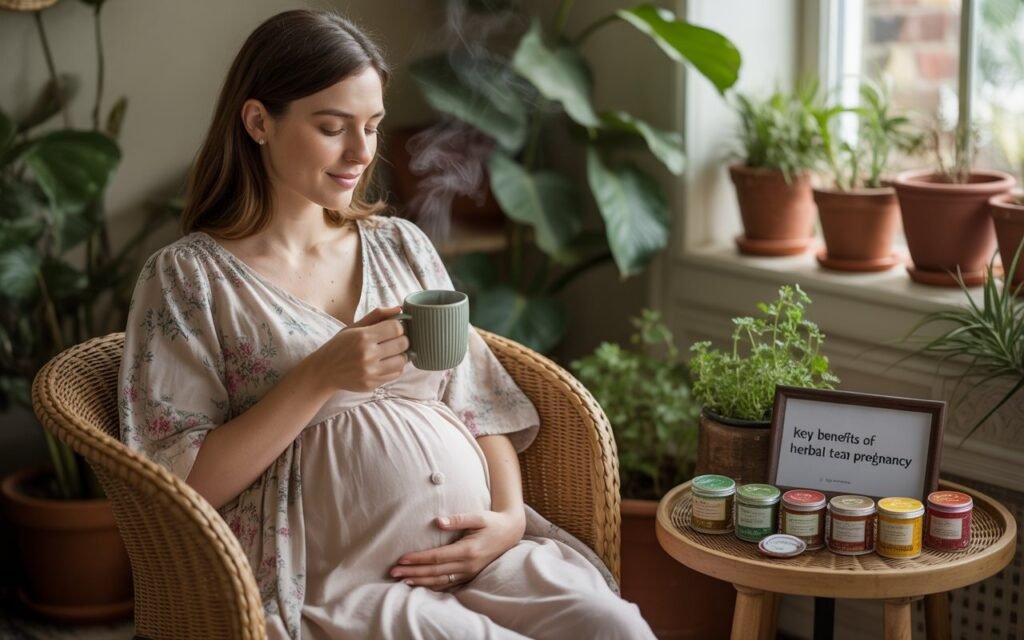
Safety Tips for Drinking Herbal Tea During Pregnancy
Even safe teas require caution. Here’s how to enjoy herbal tea during pregnancy responsibly:
- Consult Your Healthcare Provider – Always get personalized guidance before starting new herbal blends.
- Choose Known, Safe Herbs – Stick to trusted, commercially prepared teas from reputable brands.
- Drink in Moderation – Limit to a few cups per day to avoid potential side effects.
- Avoid Risky Herbs – Some can stimulate contractions or affect hormones.
Best Safe Herbal Tea During Pregnancy Options
Here are some well-regarded choices:
Here are some herbal teas widely regarded as safe and beneficial when consumed in moderation:
Ginger Tea
Renowned for its ability to reduce nausea and vomiting, ginger tea is especially popular during the first trimester to combat morning sickness. It is generally safe when consumed in moderate amounts but should be limited if you have heartburn or gallstones.
Peppermint Tea
Peppermint tea can soothe digestive discomforts such as indigestion, bloating, and nausea. Many women find it calming, and it may help relieve headaches too. However, if you experience acid reflux or heartburn, peppermint might aggravate symptoms.
Rooibos Tea
This South African herbal tea is naturally caffeine-free and rich in antioxidants. Rooibos is gentle on the stomach and can be enjoyed throughout pregnancy, providing hydration and a pleasant taste without side effects.
Lemon Balm Tea
Lemon balm offers relaxation benefits, which may help reduce pregnancy-related anxiety and improve sleep quality during the second and third trimesters. Use it moderately and consult your healthcare provider for personalized advice.
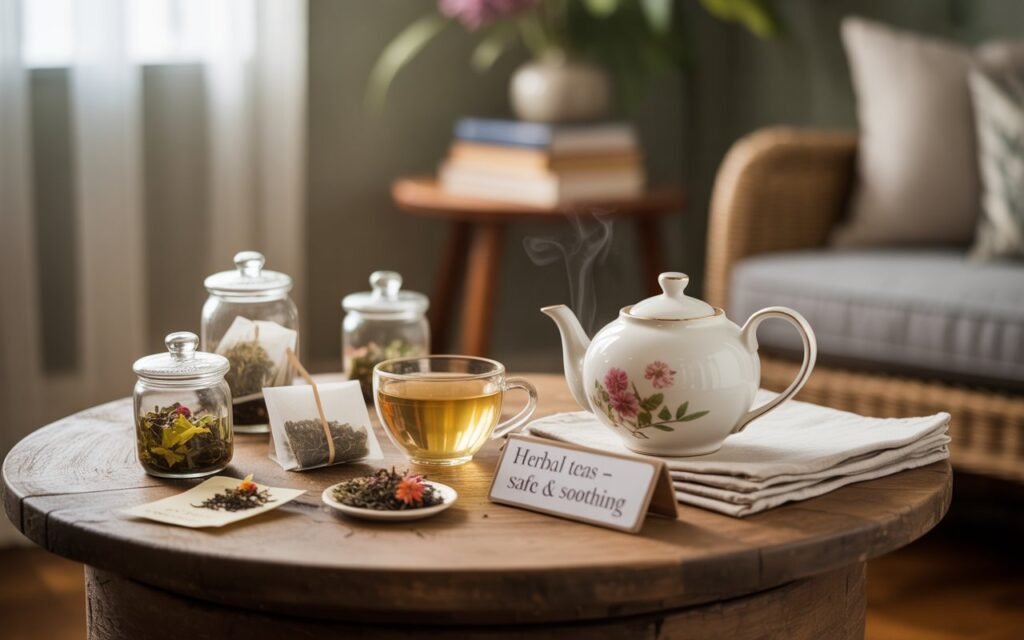
Red Raspberry Leaf Tea
Popular in the later stages of pregnancy, red raspberry leaf tea is thought to tone the uterus and prepare it for labor. However, it should be avoided in the first trimester due to its potential to stimulate contractions prematurely. Always discuss usage timing and quantity with your healthcare professional.
Herbal Teas to Avoid During Pregnancy
Certain herbal teas should be approached cautiously or avoided:
- Chamomile Tea: While it may aid sleep and relieve inflammation, excessive intake has been linked to uterine contractions and possible miscarriage risk. Use sparingly and under medical supervision.
- Nettle Leaf Tea: Nutrient-rich but potentially stimulating, nettle leaf tea is usually recommended only in later pregnancy and with moderate use.
- Licorice Root, Sage, Thyme, Fenugreek, and Detox Blends: These herbs may affect hormone levels or stimulate the uterus. They are generally discouraged during pregnancy.
Tips for Enjoying Herbal Tea During Pregnancy Safely
- Introduce Slowly – Try small amounts when tasting a new tea.
- Go Organic – Choose pesticide-free teas with clear ingredient lists.
- Balance with Water – Don’t rely solely on herbal tea during pregnancy for hydration.
- Limit Sweeteners – Avoid excess sugar or artificial additives.
When to Be Extra Cautious
If you have preeclampsia, gestational diabetes, or are at risk for preterm labor, talk to your doctor before drinking any herbal tea during pregnancy. The same applies if you have allergies or chronic health conditions.

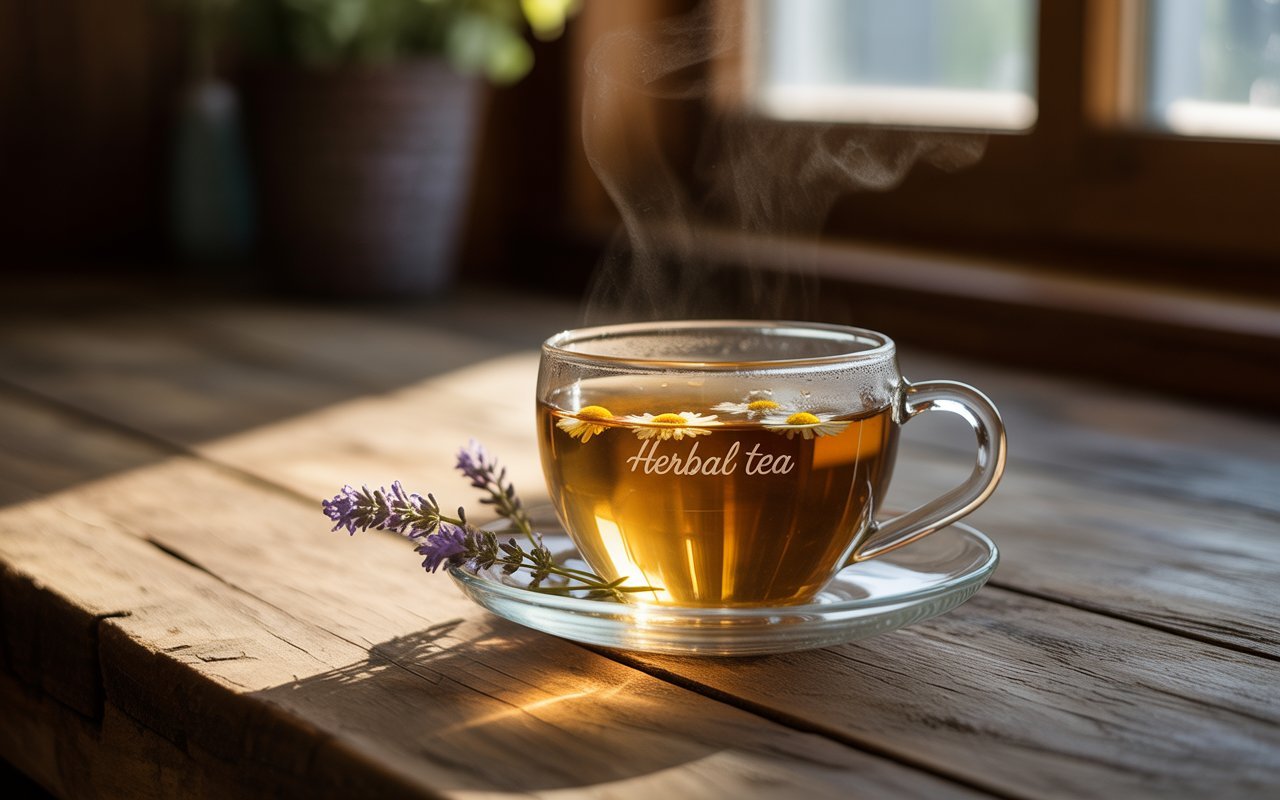




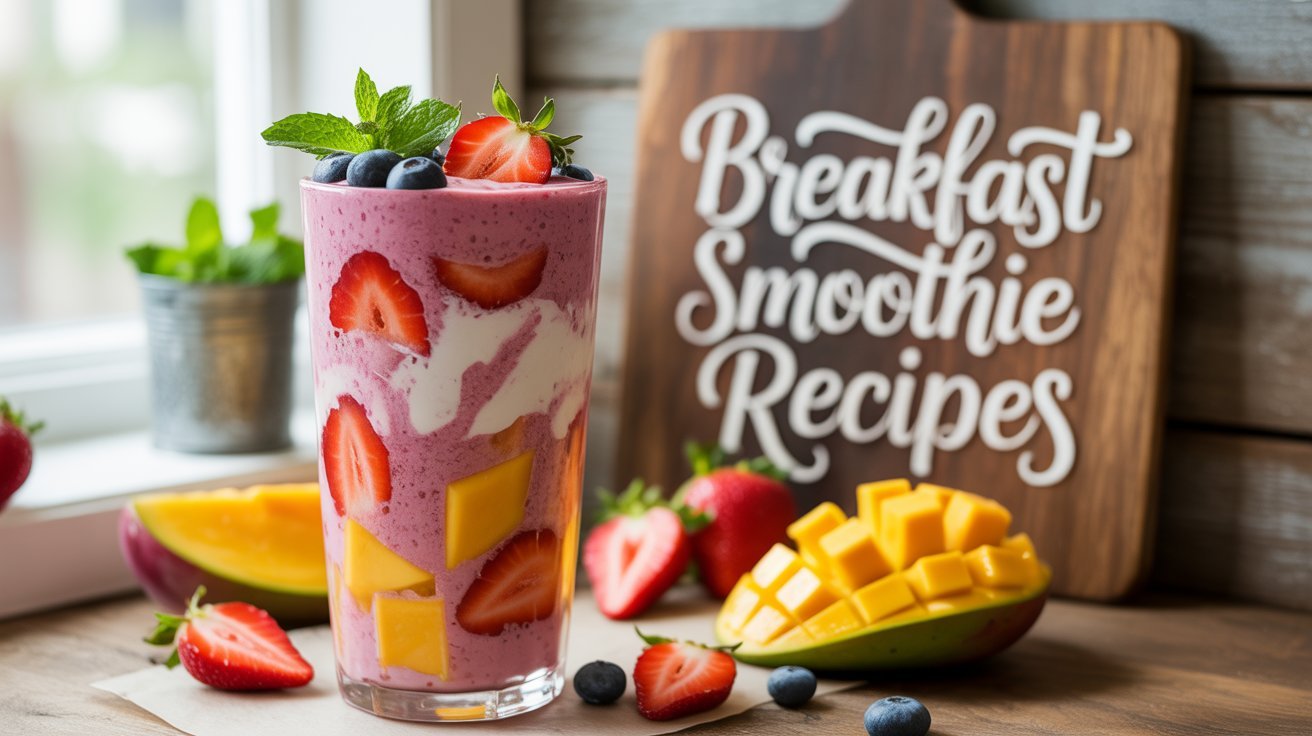

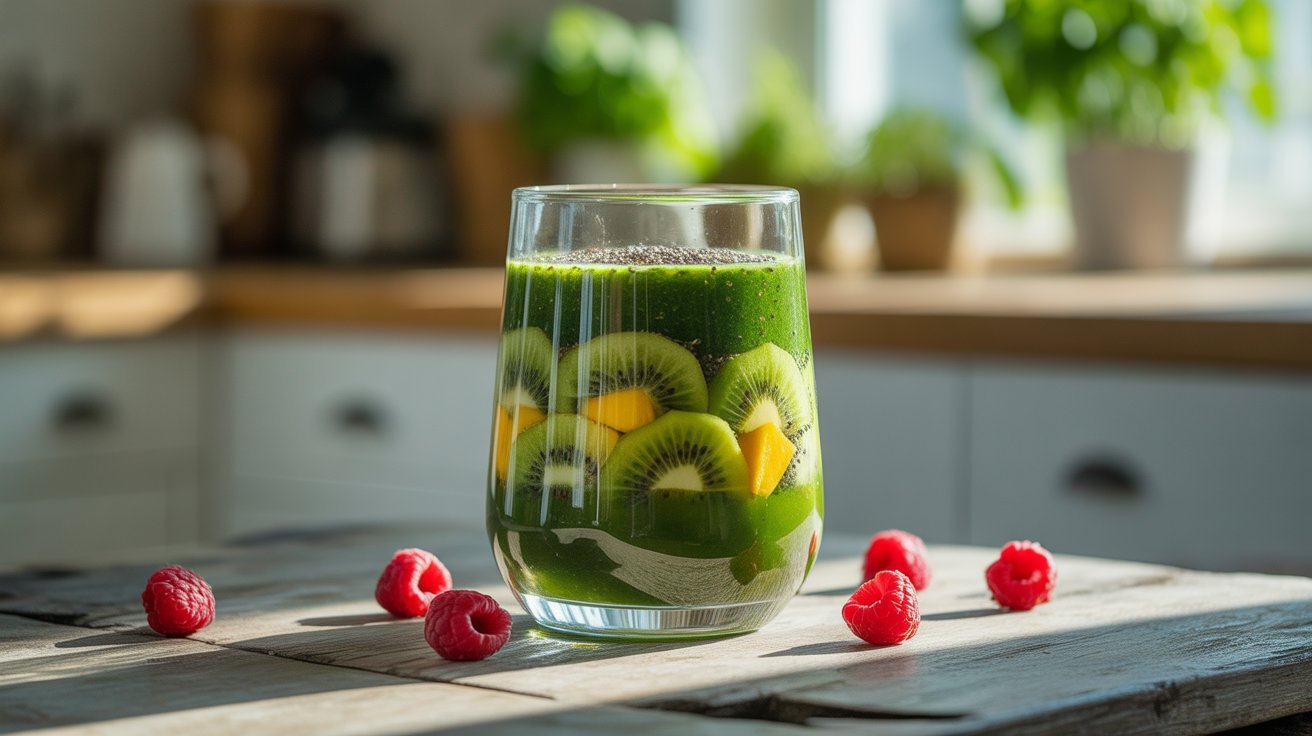

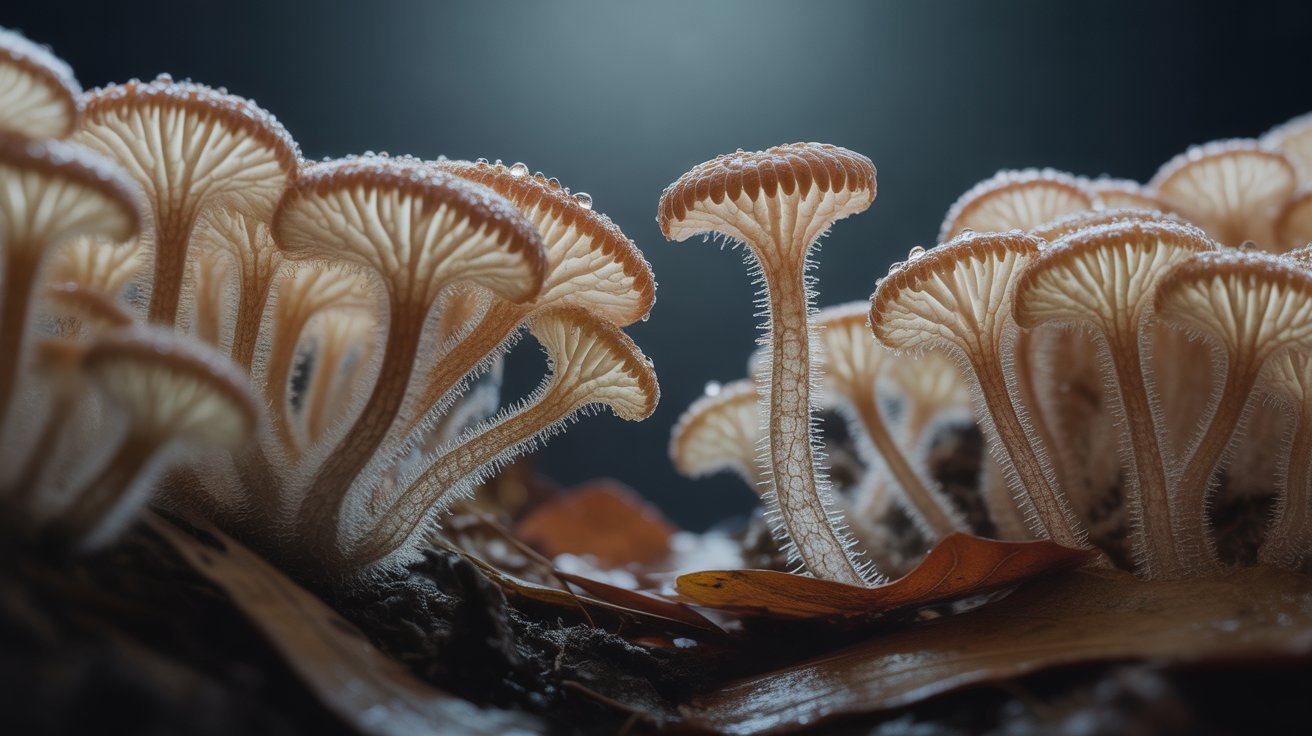


One Response